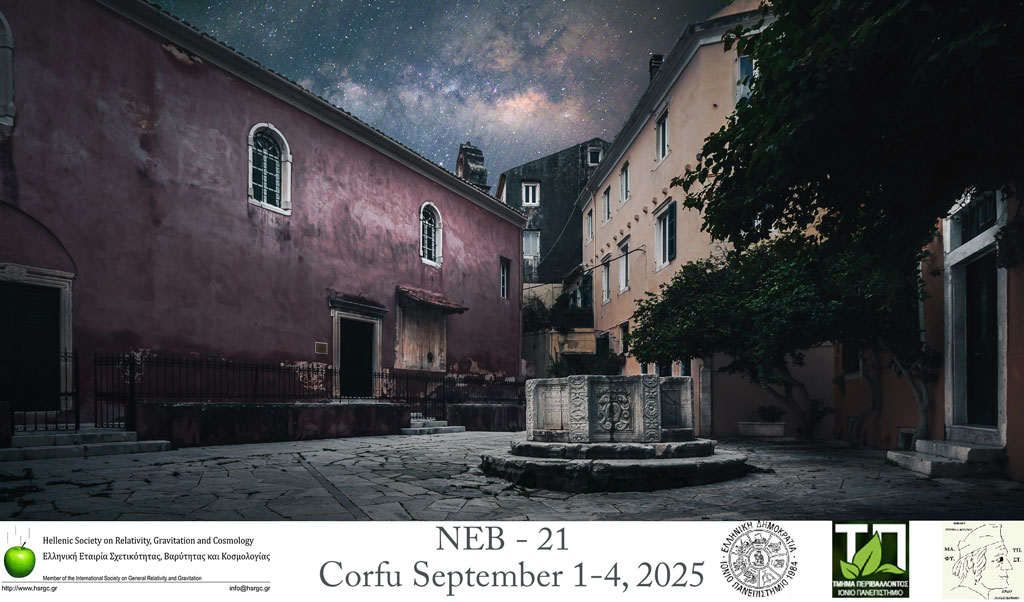Speaker
Description
Machine Learning is finding diverse applications in the field of astrophysics and gravitational wave astronomy. This talk surveys our recent advancements in applying such methodologies. We demonstrate the utility of Deep Residual Networks (ResNets) in discovering new gravitational wave events from binary black hole mergers. Next, we present the calculation of the astrophysical detection probability in the framework of a machine-learning detection code. Furthermore, we discuss the application of deep neural networks in predicting the properties of neutron stars in an alternative theory of gravity and, finally, we present the application of normalizing flows within Preconditioned Monte Carlo methods to significantly accelerate Bayesian parameter estimation for binary neutron star post-merger signals.

